UN calls on Mozambique to align maritime law with international standards
Mozambique: Analysts advocate extending presence of foreign forces in north
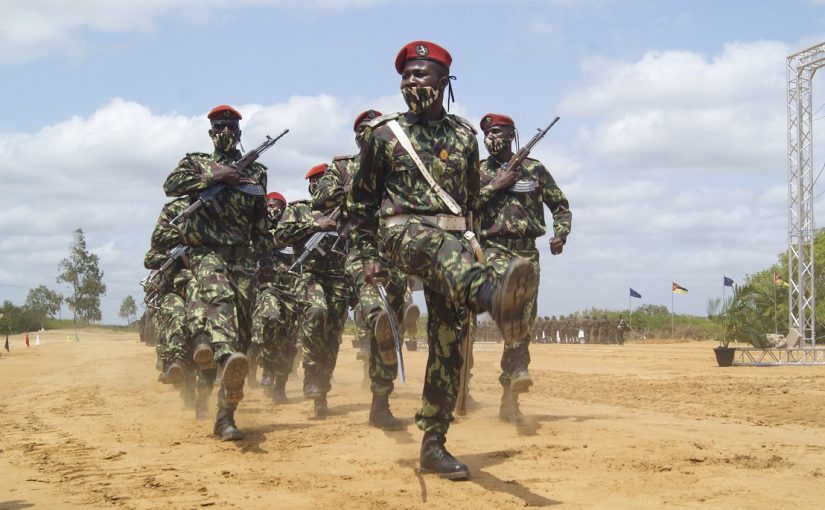
FILE PHOTO - For illustration purposes only. [File photo: Lusa]
Analysts heard by Lusa defended the extension of the presence of foreign forces supporting Mozambique in the fight against terrorism in Cabo Delgado, warning of the importance of discussion on the spread of the conflict to new provinces.
“The mandate of the Southern African Development Community Military Mission in Mozambique [SAMIM] is not restricted to Cabo Delgado province. In fact, the mandate provides for support to Mozambique in the fight against terrorism and therefore there is always room for this discussion,” said Egna Sidumo, a researcher at the Centre for Strategic and International Studies at Joaquim Chissano University.
The issue is on the agenda of the extraordinary summit that begins today in Malawi to discuss the military mission that supports Mozambique in the fight against terrorism in Cabo Delgado, at a time when there are signs of the insurgency spreading to neighbouring Niassa province, with sporadic attacks on remote areas that have caused some 3,000 people to flee.
For the Mozambican researcher, the new incursions of armed groups in Niassa reveal the need for a more “expanded” military strategy, mainly because there have always been conditions for the spread of extremist movements in the northern region.
For the director of the NGO Centre for Public Integrity (CIP), Edson Cortez, the results obtained with the presence of foreign forces in Cabo Delgado in recent months prove that the extension of their stay is fundamental, highlighting the need for an in-depth analysis of the new incursions into Niassa.
“The foreign forces have improved the scenario in Cabo Delgado province, helping to control points that had been lost by the Mozambican army. But that has not meant the end of the war scenario in Northern Mozambique, with emphasis on what is happening in Niassa. Although the scenario has improved, there is still much to be done, and this proves that it is necessary to extend its presence”, Edson Cortez declared.
While highlighting the importance of an in-depth look at the spreading of the conflict, the CIP director believes that Mozambique has to start investing in its own army, avoiding being always hostage to other states, which sometimes have their own interests.
“We cannot always be relying on foreign forces. We pay taxes and we believe that our state can guarantee the security of its citizens. Otherwise, we will soon be asking for foreign forces to help us protect the whole country,” Edson Cortez said.
In his turn, Mozambican journalist Fernando Lima believes that the most important issue to be debated at this summit is linked to the extension of the stay of foreign forces, noting that the extension of operations to Niassa has other implications (political and financial)
“In strategic terms, this has other implications: extending the presence of foreign troops on Mozambican territory means limiting sovereignty,” said Fernando Lima.
For the journalist, Mozambique will only resort to foreign forces to deal with armed incursions into a new province when the incapacity of its army is evident, which is not yet clear.
“For now, I believe that this issue will not be on the table [at the summit],” Lima said.


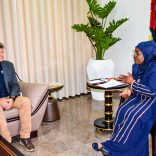

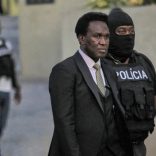

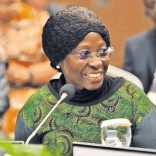
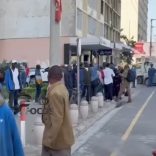




Leave a Reply
Be the First to Comment!
You must be logged in to post a comment.
You must be logged in to post a comment.